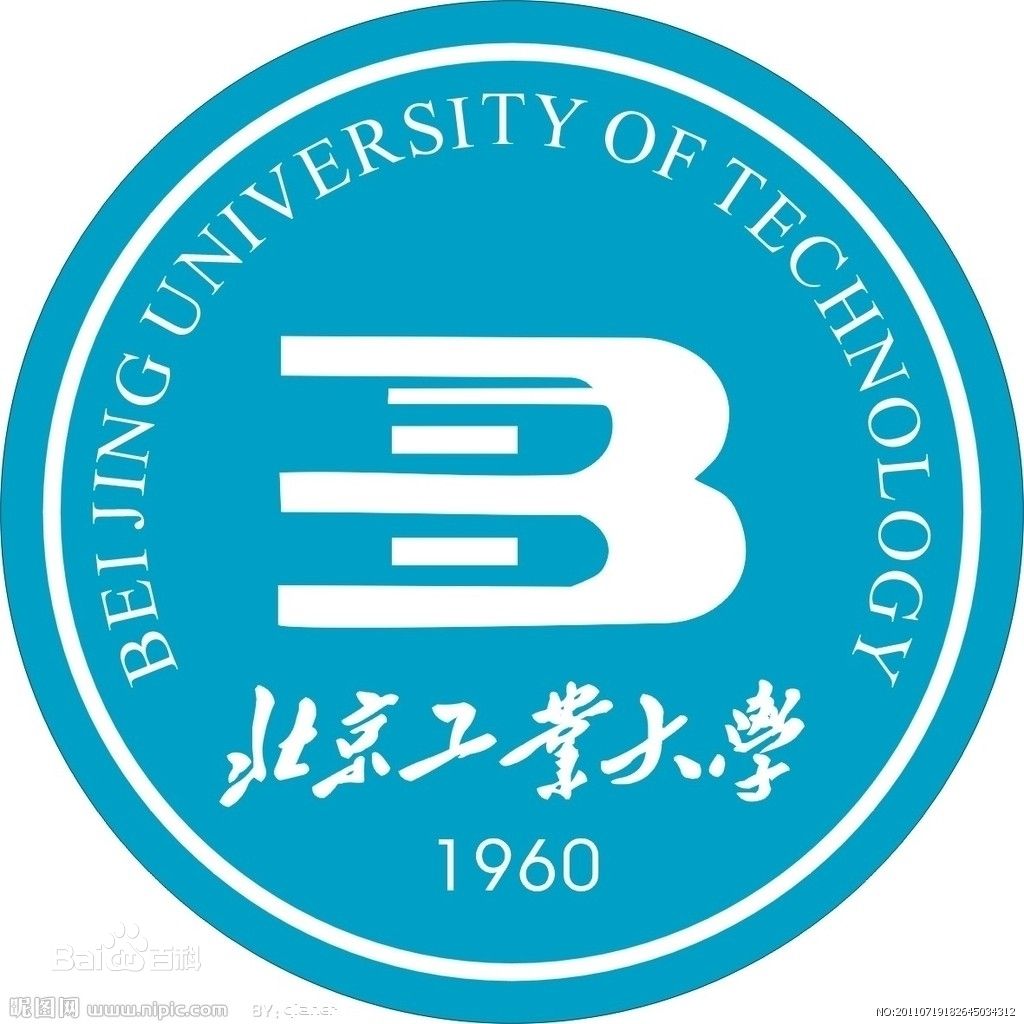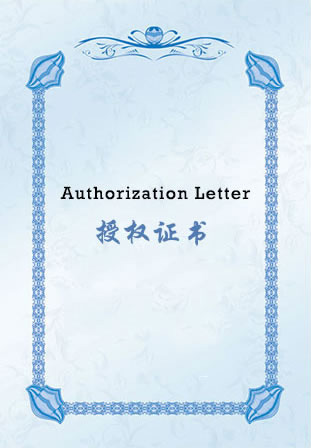Beijing University of Technology (BJUT) is located at No.100 Pingleyuan, Chaoyang District. The east part of the campus lies to the south of the east 4th ring road, the south part reaches the east Zuoan road, while west Dawang road runs before the west gate of the campus, and Pingleyuan residential area is right across the street from the north gate. The main campus of BJUT covers an area of over 800,000 square meters ,in addition there are other two separate campuses.
Beijing University of Technology (formerly known as Beijing Polytechnic University) was founded in 1960. It is a key university under the administration of the Beijing municipal government, offering multidisciplinary programs in such fields as science, engineering, economics, management, liberal arts and etc. In 1981, BJUT was among the first batch of universities to offer master's degree programs authorized by Ministry of Education of the People’s Republic of China and in 1985 BJUT was further authorized to offer doctorate degree programs as well. In December 1996 BJUT was finally included in “Project 211”, joining the rank of 100 top universities in the 21st century.
BJUT consists of 33 colleges and institutes: College of Mechanical Engineering and Applied Electronics Technology, College of Electronic Information & Control Engineering, College of Architecture & Civil Engineering, College of Environmental & Energy Engineering, College of Applied Sciences, College of Computer Science, College of Materials Science & Engineering, College of Economics & Management, College of Humanities & Social Sciences, College of Architecture & Urban Planning, College of Life Sciences & Bio-Engineering, College of Foreign Languages, College of Software Engineering, The Pilot College of Beijing University of Technology, College of Art Design, College of Continuing Education, College of Transportation, School of Marxism, College of International Education, Beijing-Dublin International College at BJUT, Fan Gongxiu Honors College, Institute of Higher Education, Department of Physical Education, Institute of Laser Engineering, Institute of Microstructure and Property of Advanced Materials, Institute of Recycling Economy, Beijing Guyue Research Institute of New Materials, Beijing Center for Scientific and Engineering Computing, Beijing Institute of Smart City, College of Microelectronics, Beijing Advanced Innovation Center for Future Internet Technology.
BJUT currently offers 18 first-class doctorate degree programs and 31 first-class master's degree programs, covering more than 9 major disciplines in fields of philosophy, economics, law, education, engineering, science, management, art etc. It has 18 mobile postdoctoral centers; 10 professional degrees of master’s program in engineering, MBA, architecture, applied statistics, international business & commerce, and engineering management. BJUT also offers 57 bachelor's degree programs. It is equipped with 3 national key disciplines---optical engineering, structural engineering and materials sciences respectively, 39 key disciplines of Beijing Municipality, 1 national level production-oriented research center, 1 international cooperative research centers, 2 key labs/research centers of Ministry of Education, 3 key co-labs of provincial and ministry-level,26 key labs/research centers of Beijing Municipality, 3 key industry labs, 3 collaborative innovation centers approved by Beijing Municipality in 2012, one department of architectural prospecting and design, and a college science park.
BJUT at present has 2896 faculty and staff members, among whom 1575 are full-time faculty members including 7 academicians of Chinese Academy of Engineering and Chinese Academy of Sciences, 3 winners of the ‘National Award of Distinguished Teachers’, 9 distinguished professors of ‘Chang Jiang Scholars Program’, 10 winners of ‘China National Funds for Distinguished Young Scientists’,11 candidates of "Recruitment Program of Global Youth Experts".
BJUT has more than 30,000 registered students, approximately 13,000 of whom are undergraduates, 10,000 are postgraduates, 7300 undergraduates of continuing education, and 900 international students.
After 55 years since its establishment, BJUT has cultivated more than 120,000 graduates (of whom 20,000 with either master's degree or doctorate degree) and they are playing a key role in all walks of life for economic and social development of Beijing. Being an important base for training high quality innovative talents in Beijing, BJUT has become an indispensable player in technological innovation as well as in research and development and it serves as a showcase in the course of university’s development in Beijing.
BJUT, under the leadership of Beijing Municipal Government, will thoroughly carry out the spirit of the 18th Party's congress and actively put in place Municipal Outline for Mid-and-Long-Term Educational Reform and Development as well as ‘The12th Five-Year Plan of BJUT’. Guided by the principle of ‘catering for Beijing's needs, contributing to the country, and adopting an international outlook’, BJUT will map out systemically the blueprint and unswervingly advocate the 3 strategies of strengthening the university by talents, developing its own characteristics and opening up to the outside world so that the transformation from teaching-oriented university to research-oriented university can be accomplished.
Inspired by the motto of ‘Persistent Striving the principle, Pursuit of Innovation the Path.’, BJUT strives to enhance its core competitiveness by pushing ahead with improvement in quality and management so as to build BJUT into an ‘internationally recognized research university of advanced level with its uniqueness’. BJUT will strive for making more contributions to the construction of ‘an environmentally-friendly, culture-enriched, and technology-empowered Beijing’. At the same time BJUT is committed to building Beijing into a cosmopolitan city with Chinese characteristics.








 Chinese
Chinese
 English
English
 Korean
Korean
 Japanese
Japanese
 French
French
 Russian
Russian
 Vietnamese
Vietnamese
